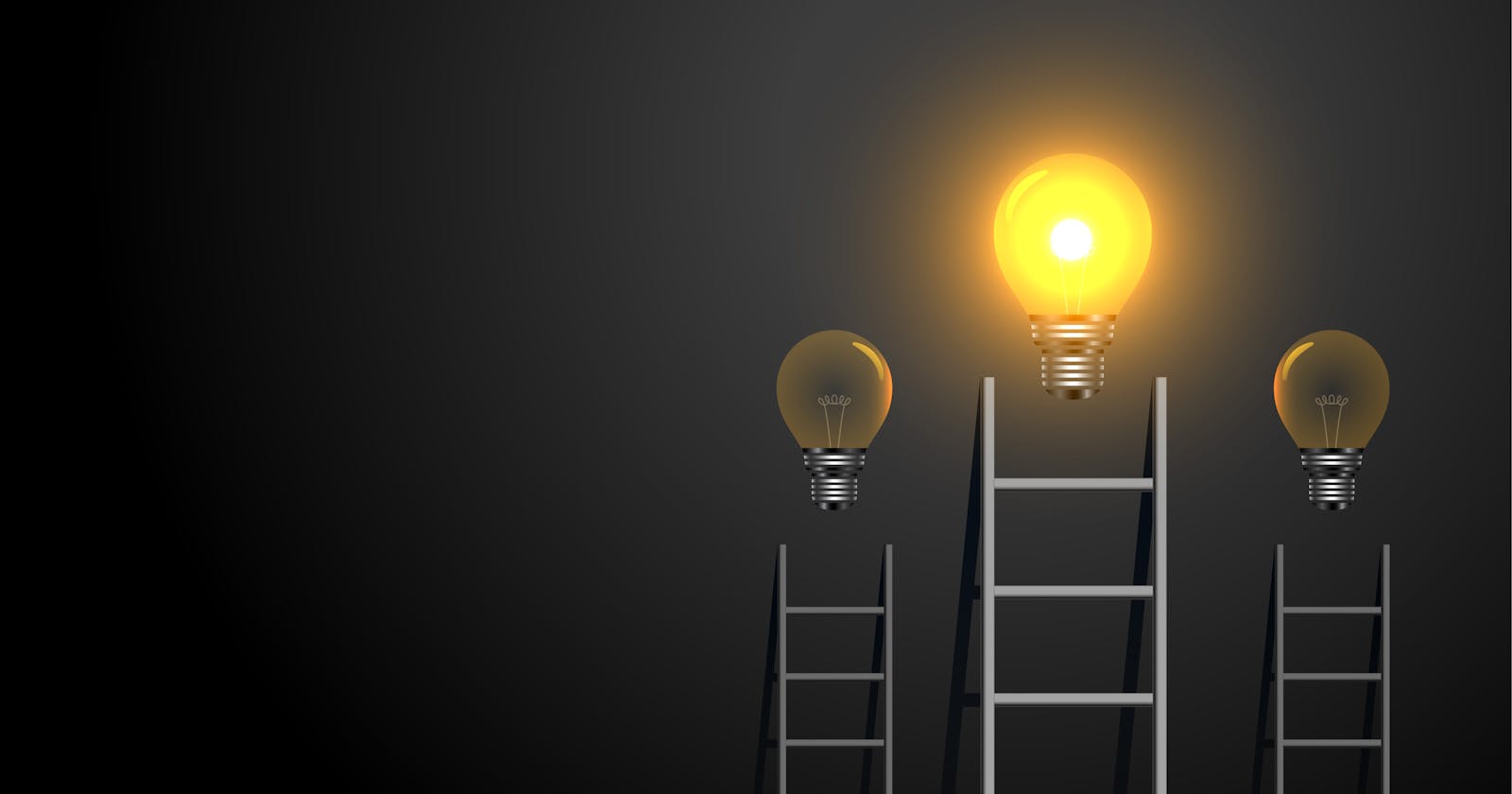In the fast-paced world of software engineering, technical skills are undoubtedly crucial. After all, mastering programming languages, frameworks, and algorithms is what drives innovation and propels projects forward. However, amidst the lines of code and the intricacies of algorithms, there's another equally important aspect that often gets overlooked: personal growth.
Personal growth goes beyond technical proficiency. It encompasses the continuous development of soft skills, emotional intelligence, and a growth mindset. In the dynamic landscape of software engineering, where technologies evolve rapidly and projects demand adaptability, personal growth becomes essential for long-term success.
Embracing Continuous Learning
As a software engineer, your learning journey doesn't end with a degree or a certification. In fact, it's just the beginning. The industry is constantly evolving, with new languages, frameworks, and methodologies emerging regularly. To stay relevant and competitive, you must embrace a mindset of continuous learning.
Personal growth involves seeking out new opportunities to expand your knowledge and skill set. Whether it's attending workshops, enrolling in online courses, or participating in hackathons, every learning experience contributes to your professional development. By continuously updating your skills, you not only enhance your value as a software engineer but also open doors to new career opportunities.
Cultivating Soft Skills
Technical proficiency alone is not enough to thrive in today's collaborative work environments. Soft skills, such as communication, teamwork, and problem-solving, play a pivotal role in your effectiveness as a software engineer. These skills enable you to effectively communicate complex technical concepts, collaborate with diverse teams, and navigate challenging situations.
Personal growth involves actively cultivating your soft skills through practice and self-reflection. Whether it's honing your communication skills through presentations or improving your teamwork abilities through group projects, investing in your soft skills pays dividends throughout your career. Additionally, cultivating empathy and emotional intelligence fosters stronger relationships with colleagues and stakeholders, enhancing your overall impact as a software engineer.
Embracing Failure and Resilience
In the ever-evolving world of software engineering, setbacks and failures are inevitable. Projects may encounter roadblocks, bugs may emerge, and deadlines may be missed. However, it's how you respond to these challenges that ultimately determines your success.
Personal growth involves embracing failure as a learning opportunity and cultivating resilience in the face of adversity. Instead of dwelling on setbacks, use them as catalysts for growth and improvement. Adopting a growth mindset, which views challenges as opportunities for development rather than obstacles, empowers you to persevere in the face of adversity and emerge stronger than before.
Fostering a Growth Mindset
At the heart of personal growth lies a growth mindset—a belief that your abilities and intelligence can be developed through dedication and hard work. As a software engineer, fostering a growth mindset is essential for navigating the ever-changing landscape of technology.
By embracing challenges, persisting in the face of setbacks, and seeing effort as the path to mastery, you unlock your full potential as a software engineer. Cultivating a growth mindset not only fuels your personal growth but also inspires those around you, creating a culture of continuous improvement within your team and organization.
In conclusion, personal growth is not just a luxury but a necessity for success in a software engineering career. By embracing continuous learning, cultivating soft skills, embracing failure, and fostering a growth mindset, you position yourself for long-term growth and fulfillment in the dynamic world of software engineering. So, invest in your personal growth today and watch your career soar to new heights.
